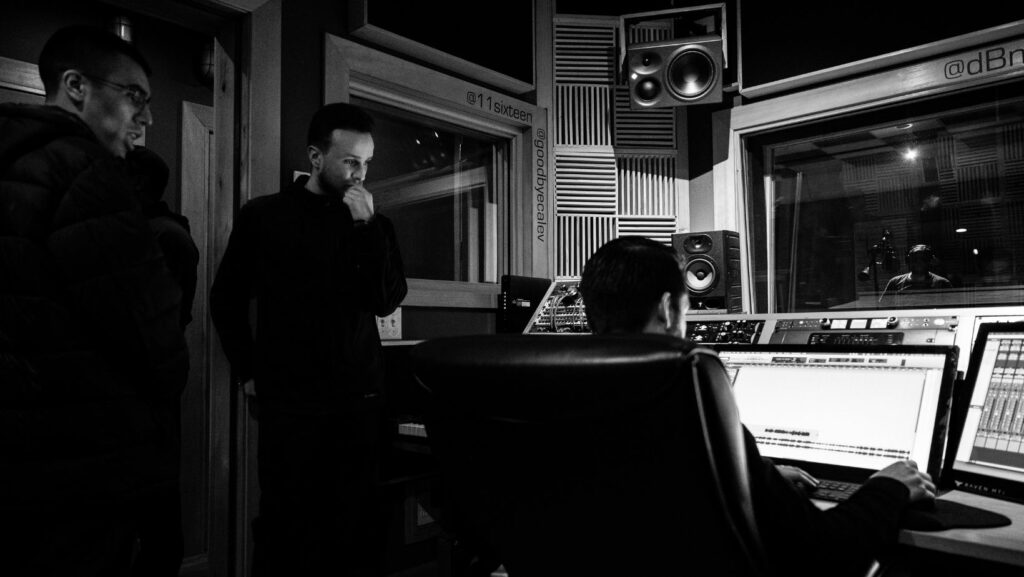When it comes to music production, the heart of your setup is arguably the CPU. It’s the powerhouse that drives your creativity, allowing you to mix, master, and manipulate sounds to your heart’s content. But with so many options on the market, how do you determine the best CPU for your specific needs?
Best Cpu for Music Production

Evaluating the right CPU goes beyond just looking at the brand or price. It involves understanding its specifications which directly impact music production. Critical elements include the number of cores which influence multitasking abilities. For example, more cores allow simultaneous processing of multiple tasks, such as running multiple plugins. Clock speed is another crucial aspect; higher clock speeds translate into faster data processing capabilities. For instance, a CPU with a clock speed of 3.8 GHz performs quicker than one with 2.5 GHz. The model’s cache size, in layman’s terms, is similar to short-term memory. A larger cache can process data more rapidly, like a CPU with a 12MB cache versus one with an 8MB cache. Lastly, power consumption and heat emission matter, especially in professional music studios where equipment is running for hours.
Pursuing the path of music production requires a keen understanding of processing units. Here are the top CPUs expected to dominate 2023:
- AMD Ryzen 9 3950X: Known for its 16 cores, this CPU allows for optimal multitasking. The 4.7 GHz clock speed showcases high data processing potential.
- Intel Core i9-9900K: Exceptional for its rapid data processing, it comes with cache size of 16 MB. Notably, its features of low power consumption and minimal heat emission ensure sustainability.
- AMD Ryzen 7 3800X: With 8 cores and a clock speed of 4.5 GHz, it offers excellent multitasking and data processing speed. Plus, its cache size of 32 MB provides for swift data access.
- Intel Core i7-9700K: Showcasing a clock speed of 4.9 GHz, it allows rapid data processing. The CPU possesses an 12 MB cache size and exhibits low heat emission.
While these CPUs are top contenders for 2023, remember, the ideal CPU for music production caters to not just high data processing speed and extensive multitasking ability, but also factors like power consumption and heat emission.
Key Factors to Consider When Choosing a CPU

Several critical aspects dictate the performance of a CPU in music production. First, the number of cores becomes essential to check. An increased number of cores, as seen in AMD’s Ryzen 9 3950X with its 16 cores, corresponds to an enhanced ability to multi-task. Second, clock speed can’t be overlooked. A higher clock speed, reflected by Intel Core i7-9700K’s impressive 4.9 GHz, means a faster data processing speed. Third, not to forget the cache size. A larger cache size, such as the 16 MB found in Intel Core i9-9900K, aids quick data processing.
Additionally, power consumption and heat emission also become imperative factors. More power-efficient CPUs, while emitting less heat, can contribute to sustainable music production. Lastly, although parameters like cores, clock speed, or cache size are crucial, the ideal CPU for music production achieves a perfect equilibrium of all these factors with durability and power efficiency.
Professional Producer Insights
With the right CPU, music production becomes a seamless process. It’s about finding the perfect balance between speed, multitasking capabilities, and energy efficiency. The AMD Ryzen 9 3950X and Intel Core i9-9900K, along with the AMD Ryzen 7 3800X and Intel Core i7-9700K, are top contenders for the crown in 2023. They’ve proven their worth in the music production world, boasting high data processing speeds and multitasking prowess. But remember, it’s not just about power. Considerations like heat emission and power consumption matter too. So, while you’re on the hunt for the best CPU, keep these insights in mind. The ideal CPU for music production is one that doesn’t just perform well, but also stands the test of time.

